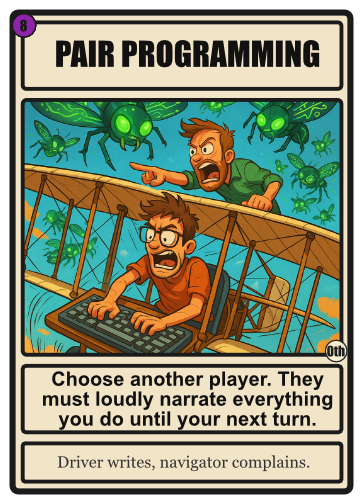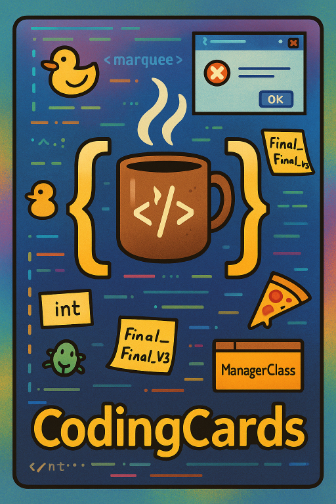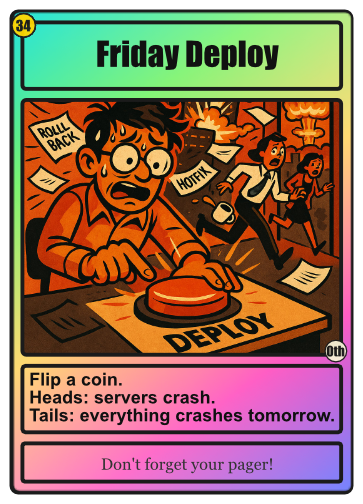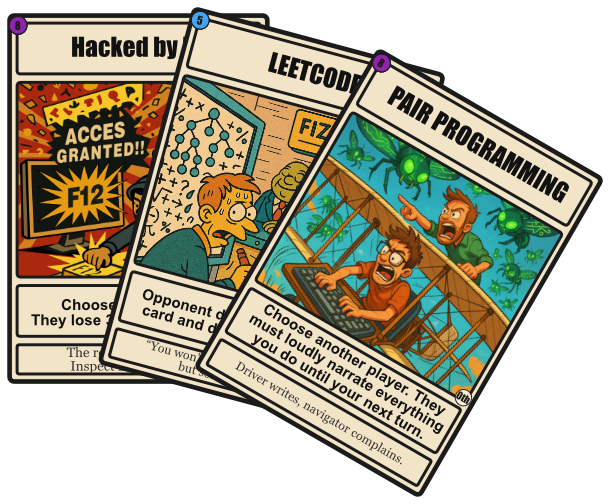LLMs aren’t the end-all of human creativity. They’re pattern engines with great bedside manner—excellent at autocomplete,
mediocre at epiphany. They don’t feel the 2 a.m. heartbeat of a failing deploy or the oddly specific joy of fixing a
race condition you can’t reproduce on anyone else’s machine. They’re tools, like a compiler or that one colleague who
answers Slack at impossible speeds: helpful, opinionated, occasionally wrong, and blissfully unconcerned with your code review.
Still, this family of methods has powered real breakthroughs. Consider protein folding: for decades, biology’s riddle
wasn’t just “what does this sequence do?” but “what shape does it take?”—because a protein’s 3D structure
is its function. Misfold one and you change chemistry, health, and sometimes a life. Predicting those structures used
to be a grind of wet-lab work, cryo-EM time, and patience that could be measured in years. Modern AI models learned to
infer those shapes from amino-acid sequences with startling accuracy, compressing timelines from “maybe next decade”
to “by the time lunch arrives.” That doesn’t just win benchmarks: it unlocks faster drug discovery, enzyme design,
and answers in areas where guesswork was the default. Humanity quietly gained a map where there had been fog.
And on a far humbler note, those same ideas also helped me bring some levity to programmers—sketching concepts that I
refined into these cards, so we can roll our eyes together at bugs, meetings, and merge conflicts. If AI’s greatest
accomplishment is helping crack protein folding, its second greatest is clearly CodingCards:
an authoritative catalog of developer pain in shiny cardboard. Important for science? No. Important for morale? Let’s
call it a strong “probably.”
As for practical uses, it’s neck-and-neck between saving years of lab work and saving you from buying another novelty mug.



